Messenger, not mediator: Switzerland in Venezuela
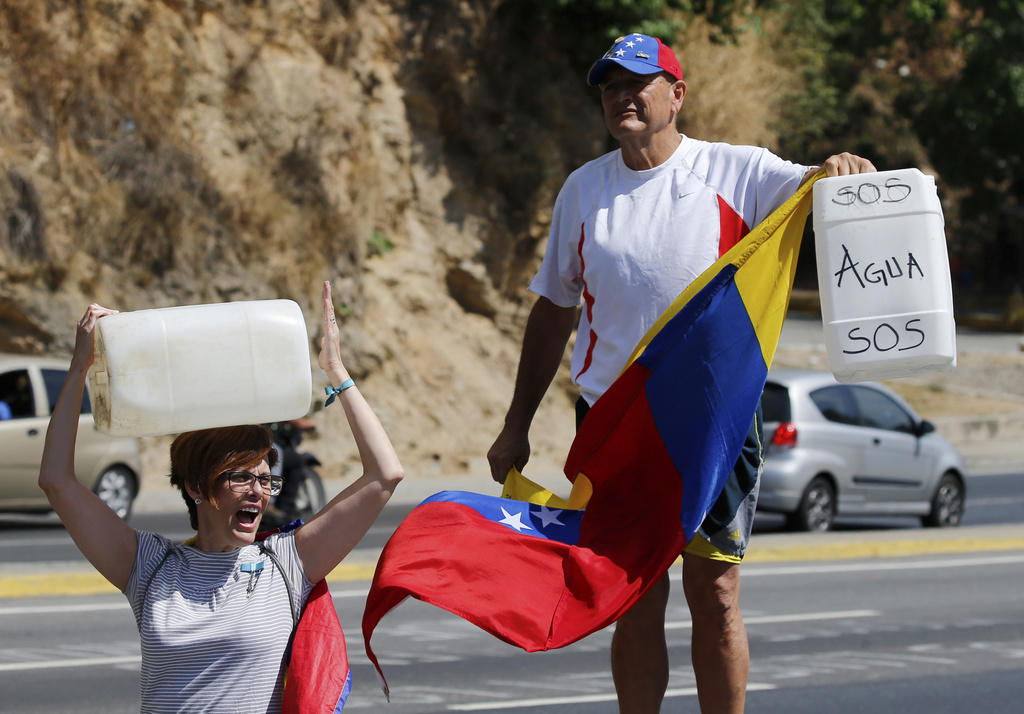
Switzerland has agreed to represent the interests of the United States in Venezuela, a move that still has to be accepted by Venezuelan President Nicolas Maduro. Former top Swiss diplomat Tim Guldimann reckons there won’t be any opposition by the country’s ruling powers.
Venezuela is in the midst of an internal power conflict, with Washington supporting the opposition leader, Juan Guaidó – who has declared himself interim president – rather than Maduro. The US has also threatened armed intervention several times, leading to Venezuela breaking off diplomatic relations.
On April 5, it was announced that Switzerland had signed an agreement to represent US interests – a protective power mandate or “good office” – in the south American country
+ Read more about this mandate for Venezuela here
Guldimann – who represented US interests in Iran from 1999 to 2004 as Swiss ambassador there – has welcomed Switzerland taking on this new mandate in Venezuela. But it won’t be a mediatory role, he stressed.
swissinfo.ch: What is your opinion on this mandate?
Tim Guldimann: It’s a good thing. It is all about Switzerland safeguarding the interests. This means when two states no longer have diplomatic relations, Switzerland can act as a communications channel – as a messenger for official information from the government that has given us the mandate to the other government.
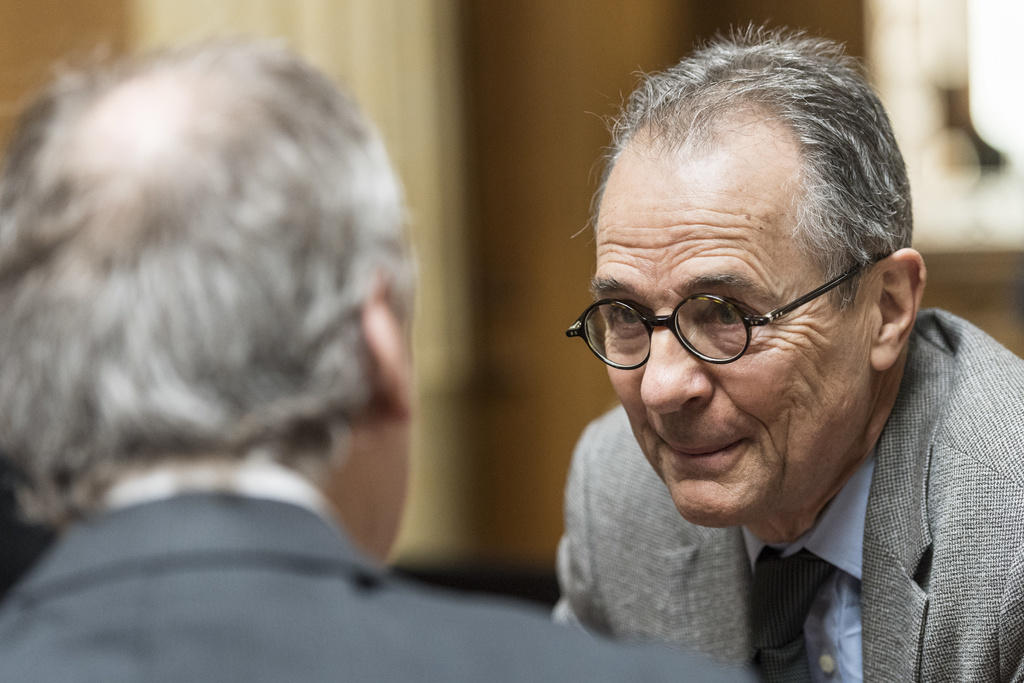
swissinfo.ch: You say that it’s primarily a messenger role. But the Federal Department for Foreign Affairs (FDFA) says the mandate also offers Switzerland the opportunity to contribute to the de-escalation of tensions between the two countries.
T.G.: It is very clearly not a mediatory role. When you make a channel available for two governments to speak to each other, perhaps it gives the impression that this could contribute to a de-escalation. But you shouldn’t overestimate this.
swissinfo.ch: The conflict is about whether Maduro remains in power or his opponent Guaidó takes over. To think that Switzerland might manage to persuade one of them to cede is therefore unrealistic? The mandate doesn’t go that far?
T.G.: Absolutely not. It’s not concerned with Venezuela’s internal conflict. Switzerland does not take a position on this as traditionally, it recognises states, not governments. This puts a stop to the issue of whether there are official or non-official relations with Guaidó.
Switzerland recognises the state of Venezuela. The government is for Switzerland the one with which it maintains official relations, so the Maduro government.
swissinfo.ch: Does this apply to states in which a new government has come about due to a putsch or revolution?
T.G.: When as in the case of China, a new government comes into power via the Mao Tse-tung revolution, Switzerland automatically maintains relations with the recognised state, so via the government which is de facto in power.
At the time, China interpreted this as if Switzerland had been one of the first countries to recognize the communist government. This was an interpretation which helped us politically but which was not totally correct. Switzerland had only established relations with the state of China through this new government.
Switzerland’s protective power mandates
A protecting power mandate is required if two states break off diplomatic and/or consular relations in a conflict situation. It covers some of the duties carried out by the previous official diplomatic representation.
Provided all parties involved agree, the protecting power represents the interests of one state (the sending state) in a third state (the receiving state) and provides protection for the citizens of the sending state who are living in the receiving state. Through these services a channel of communication is also kept open between the conflicting states.
Currently, Switzerland is exercising the following confirmed diplomatic mandates in representing the interests of:
Iran in Egypt (May 9, 1979)
The US in Iran (April 24, 1980)
Russia in Georgia (December 13, 2008)
Georgia in Russia (January 12, 2009)
Iran in Saudi Arabia (October 25, 2017)
Saudi Arabia in Iran (October 25, 2017)
(Source: FDFAExternal link)

In compliance with the JTI standards
More: SWI swissinfo.ch certified by the Journalism Trust Initiative










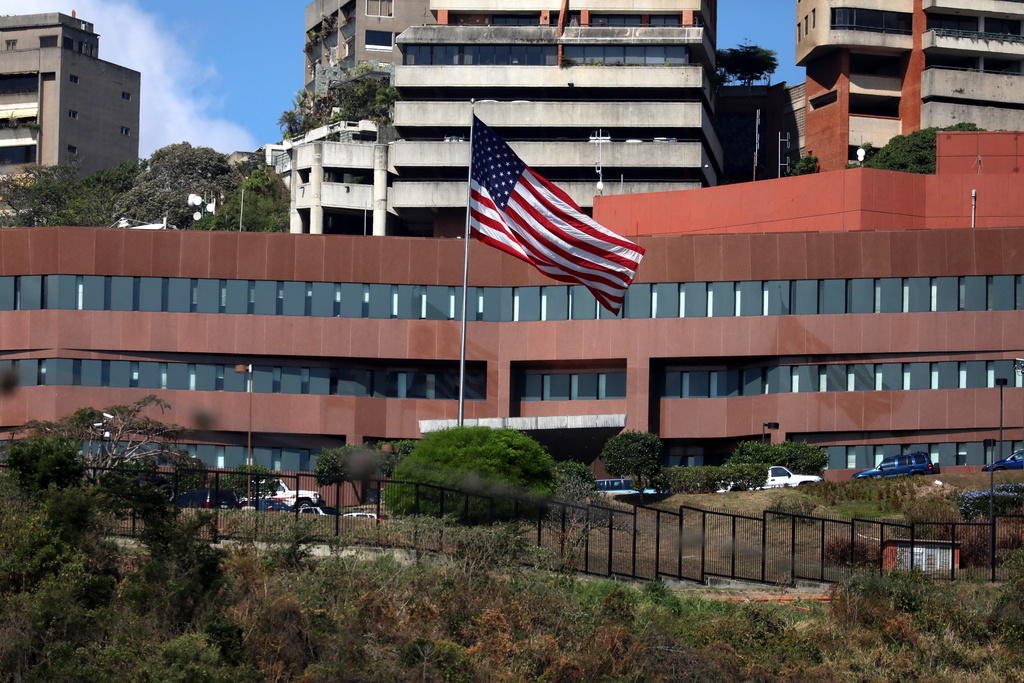



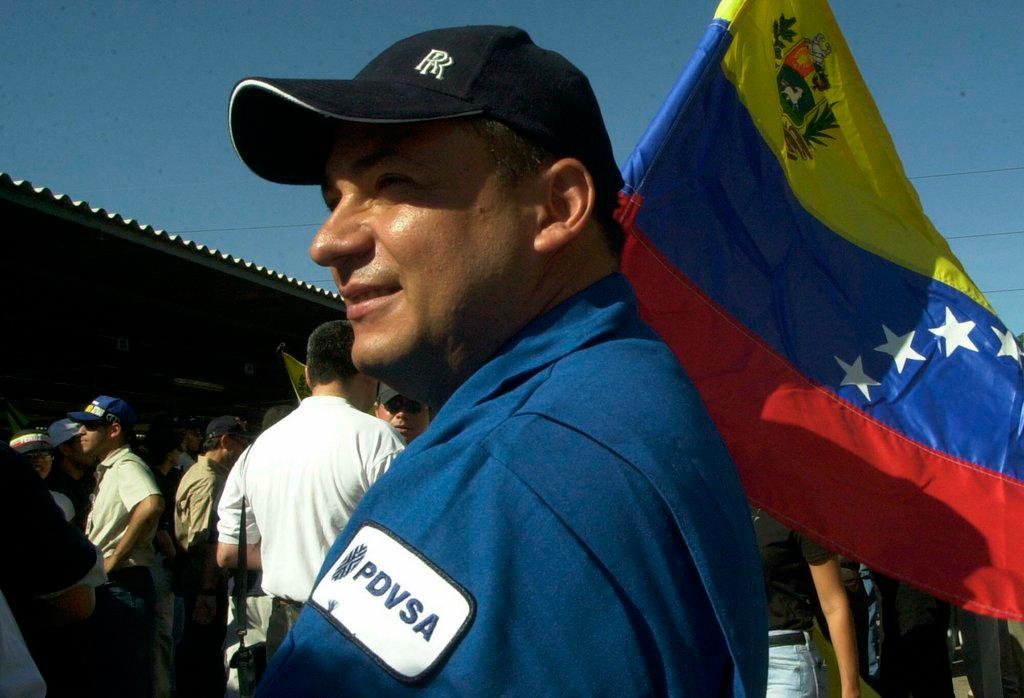
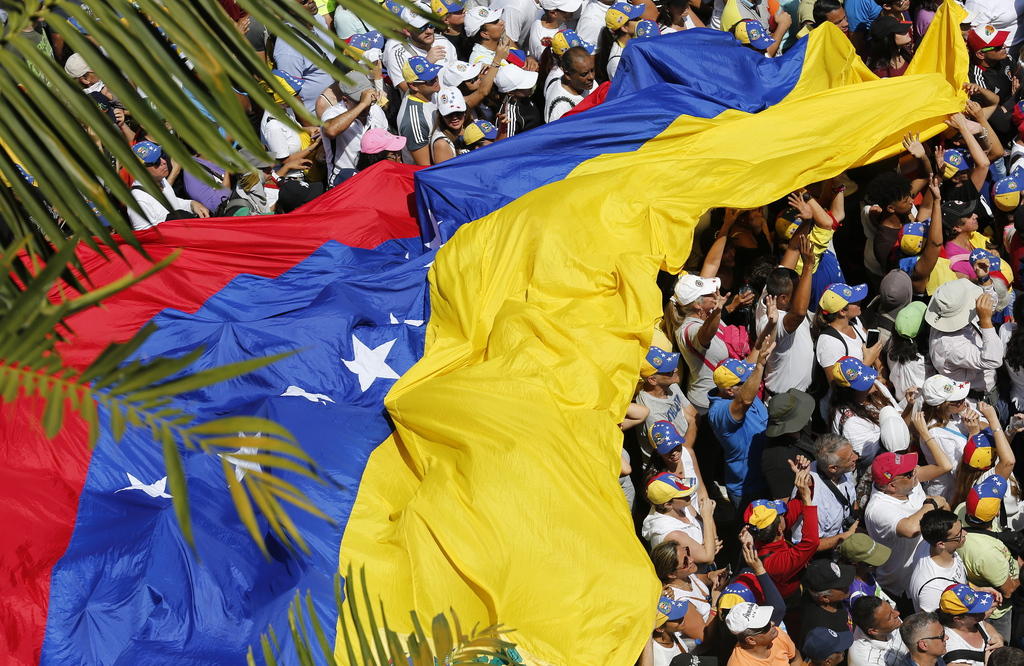
You can find an overview of ongoing debates with our journalists here . Please join us!
If you want to start a conversation about a topic raised in this article or want to report factual errors, email us at english@swissinfo.ch.